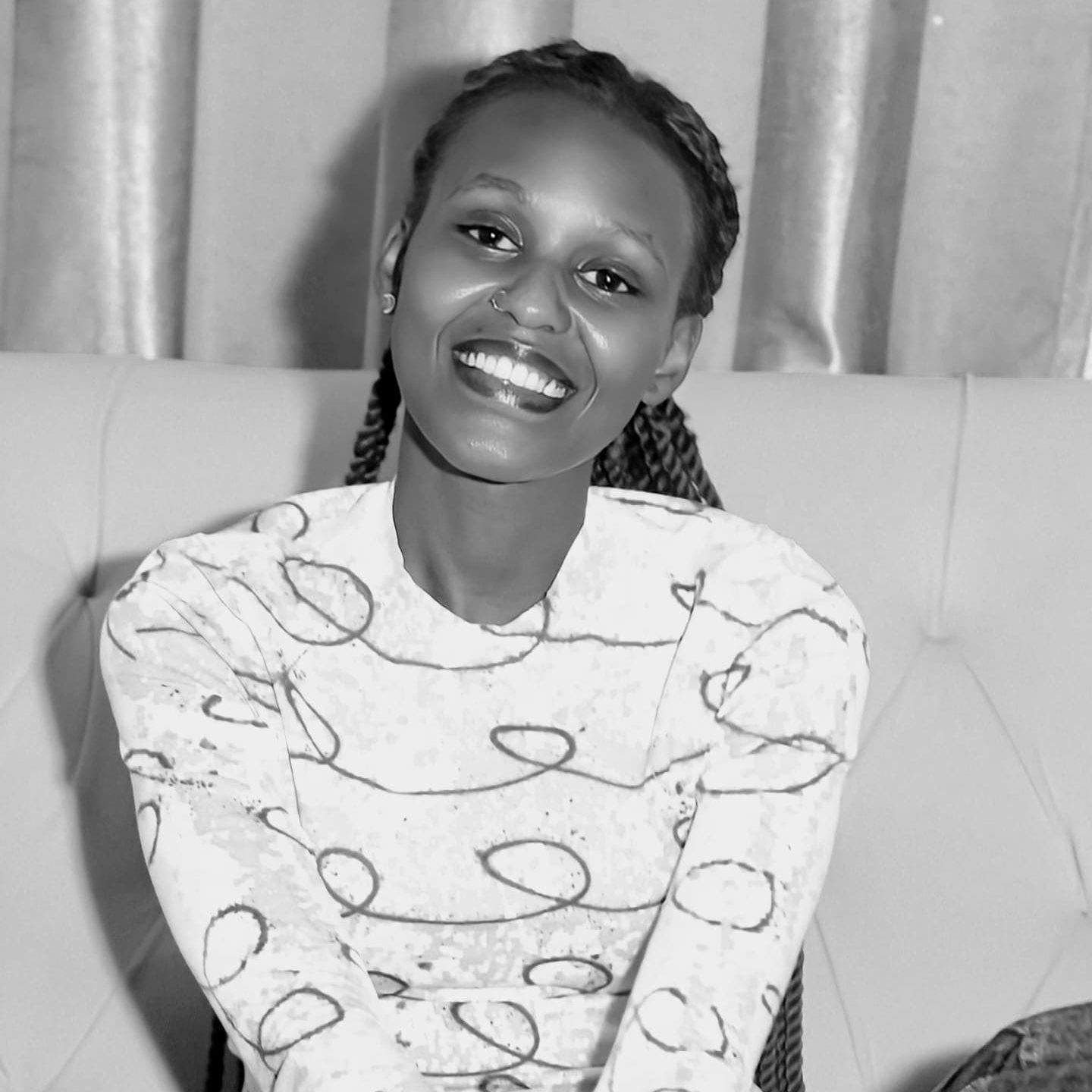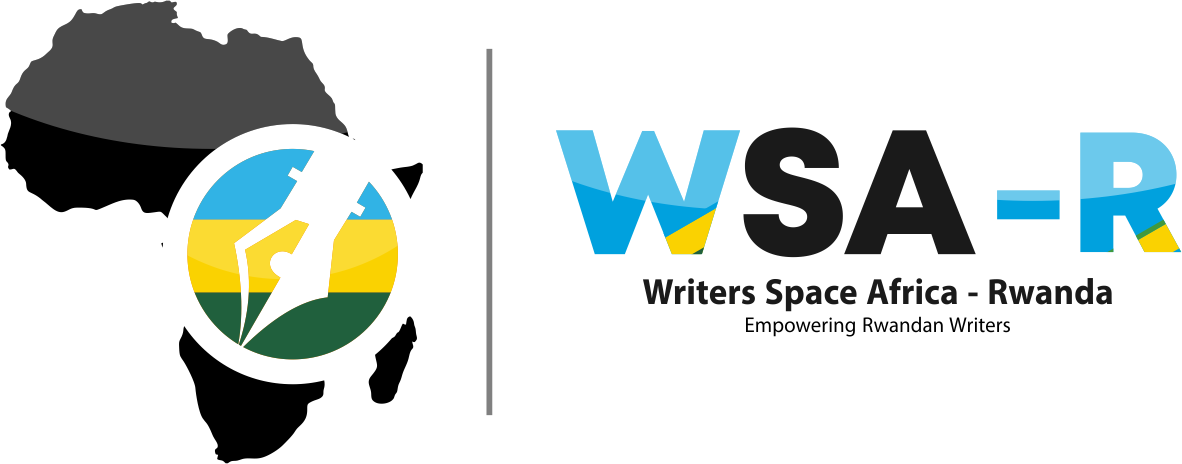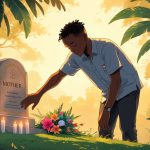I remember growing up, my mum used to tell me to sit properly, like a proper lady. I never really understood why. Why could my brothers sit however they wanted while I had to be “ladylike”?
That wasn’t the only thing. I loved how my brothers played football. I loved playing with them, fighting with them, and even arguing. And most of the time, I was right. Yet, my mum would tell me, “Don’t play football. That’s for boys.” And I wondered why. I scored more goals than my brothers. We all knew it. So why wasn’t I allowed to play?
Fast forward to adolescence. Suddenly, I was expected to clean, cook, and care for the house. And my brothers? They sat around, watching movies, doing absolutely nothing. One day, I was fed up. I turned to my mum and protested, “Ariko aba bahungu bawe bamaze iki? They can’t cook or even help with cleaning!“ She silenced me with, “Those are men. Men don’t do that.”
It hurt. Because who wouldn’t want to be the boss, sitting around, giving orders, not lifting a finger?
But fine. At least I received a good education, both at home and in school—the kind that shaped me into who I am today. It allowed me to expand my knowledge, chase my dreams, and embrace my hobbies. But then came another struggle: period cramps.
This pain is inevitable. I know some don’t understand, especially the other gender, but guys, this hurts like hell. Imagine suffering for a week every month, and when you complain, people say you’re exaggerating. Your mother just whispers, “Be strong, girl. Every woman goes through it.” And no matter how bad it is, women are still expected to perform at the same level as those who don’t experience it at all. But do we complain? No. We still show up. Sometimes, we even outperform them. Because we are just that strong.
I am lucky. My father taught me that I am capable, that I don’t need a man to define me. He reminded me that my identity is not tied to ‘Mrs.’ or being someone’s daughter or sister. I was taught to speak up, to argue when needed, to listen but not follow blindly, and to question everything society tells me.
But what about other mothers? The ones who weren’t given a chance to study? They were told that girls didn’t need education because they would marry and benefit another family as if it were not part of the same country. They were silenced. Told to endure abuse, to hide their pain. Beatings were a secret, a shame to speak about. Some were humiliated simply because their bodies were different.
Women don’t have the same muscle mass as men. We are petite, beautiful, slim, and just perfect as we are. Yet, some men who were meant to protect us use their strength to abuse us instead.
My heart aches for women who are still being abused, still being stripped of their dignity, still being denied education, work, and independence. For centuries, women have been treated as lesser, yet the truth is, we are stronger than anyone realised. Maybe that’s why civilisation didn’t advance as fast as it could have. As Pakistani education activist Malala Yousafzai said, “We cannot all succeed when half of us is held back.”
And no, I’m not trying to compete with men. That’s not what this is about.
All I want is recognition—to be seen as a human, not just a reflection of someone else’s desires. Not as an unpaid cook. Not as an unappreciated life partner.
I simply want the chance to achieve my dreams. To be taken seriously. To be treated as an equal.
They say women are unreasonable, but they forget that within a single month, our hormones shift, making us four different versions of ourselves. Moody. Happy. In between. And we have no control over it. But do we let that stop us? No. We push forward, even when everything is working against us. Because resilience isn’t just something we learned—it’s in our nature. No matter the struggles, we rise. We endure. We emerge as the queens we are.
So, let’s honour the women who fought for us to be here. Their sacrifices led to something beautiful, and we should not let their efforts fade away.
And to the fathers, husbands, and brothers who stood alongside women—fighting for their right to study, to work, to live freely—I see you. I appreciate you. To the men who uplift women instead of tearing them down, who trust in their abilities, I thank you.
But let’s also stop applauding men who abuse women. Let us, women, fight for each other. Let’s protect the ‘queens’ among us. Because we have come a long way. And we should never go back.
A gentle reminder: Women are superhumans, the ones who give life.
So maybe, just maybe, we are gods ourselves.
Ntituzateshe agaciro uwakadusubije.
ABOUT THE CONTRIBUTOR

Marie Merci Cyurimpundu is a college student at RICA, pursuing conservation agriculture. Alongside her studies, she expresses her love for writing and poetry, capturing emotions through stories and verses. She also hosts The Cozy Nest Podcast, creating a space for open conversations, meaningful insights, and real connections. Beyond that, she loves people, enjoys nature, and finds joy in crocheting.



